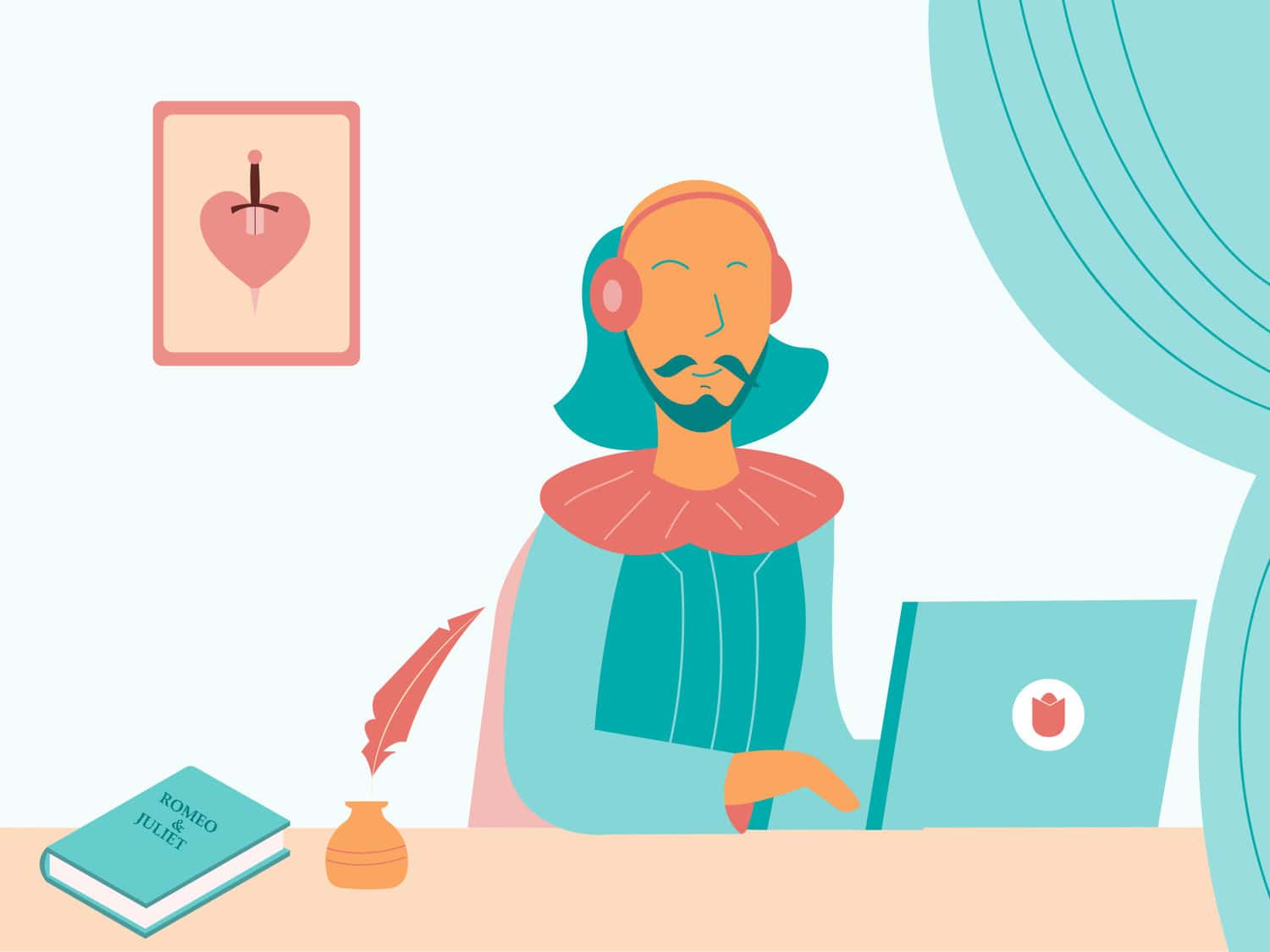For marketers, the old way of doing things — at least for now — is gone. Adapting to virtual business isn’t something we’ll have to do in the future. It’s now the norm.
Say goodbye to the trade shows Mary Ellen has never actually invited me to. Or the happy hours that have always seemed above my pay grade. And the branded podcast you’ve been helping your business with? Good luck getting anyone to listen to it these days.
It seems like right now, in lieu of actual physical connection, that we’re all pivoting to video. And this means that many of us have to get comfortable with turning our smartphones into a movie studio. That might sound intimidating, but our co-host Elena Valentine, CEO and co-founder of workplace media company Skill Scout, says it really isn’t as daunting as it sounds. “The truth is anyone can film,” she says.
Add us to your podcast feed and listen in!
Customer Experience Matters More Than Ever
Ryan Estis is a corporate speaker and consultant, whose popular Prepare for Impact newsletter is released every Sunday morning. And, like many small business owners, his life has been turned upside-down by the pandemic. In fact, Ryan’s primary source of income, live speaking, has paused completely for now.
But just because the stage has been pulled out from underneath him doesn’t mean that Ryan has stopped speaking. “The way I look at myself, I’m a keynote speaker, but I’m an expert first,” Ryan says. “That expertise can be deployed in a variety of mediums.” Working with his clients, Ryan and his team have come up with a variety of options to serve their clients’ needs, including consulting sessions on Zoom, webinars, and pre-recorded keynotes with high production values.
No matter what channel you’re in though, customer experience is also paramount as you adapt to virtual business. Delivering your content via video or webinar is completely different from a live event, and you have to tailor your content to fit the demands of a different medium. Ryan recommends shorter pieces of content and additional audience engagement, such as polls and Q&A sessions. Doing so will not just help elevate the quality of your content, but it will also give you the chance to create more customized experiences for your customers — not just for this unique moment in time, but for years to come.
“I actually see our business evolving where we’ll be having more of an ongoing, continuous engagement with a client partner, beyond the live event.”
Exit Stage Left: Adapt to Virtual Business
Nick Morgan is a communications expert and the author of “Can You Hear Me?: How to Connect with People in a Virtual World.” He joined us for the Season 1 episode “May I Have Your Attention, Please?” to discuss the ins and outs of virtual communication. As part of this special episode, we have included an excerpt from the interview.
One thing that many of us are likely feeling this moment is a bit of fatigue with video-conferencing. And even though we’re likely spending more time on video-conferencing than ever before, that doesn’t mean it’s getting easier, explains Nick Morgan. “It seems like about 10 minutes is all the videoconferencing your unconscious mind can handle,” he says.
It turns out there is a scientific reason for this: our sixth sense, proprioception. Essentially, proprioception is how we keep track of three-dimensional space. It’s a way for us to keep track of threats, but this sense is challenged when we sit in video-conferences that effectively flattens three dimensions into two. “Your brain can’t make any sense of that,” Nick explains. “Suddenly, you have disembodied bodies floating in space, and the unconscious mind doesn’t know where they are.”
So how you can adapt to virtual business? Nick recommends staging your space to create depth perception. Consider putting a poster on the wall behind you or place a plant at your side. It’s a technique that you’re actually familiar with. “Movie directors and stage set designers have been doing this for years, either to make the set look bigger or smaller,” he points out.
“For a funny little reason that has to do with the way the brain works, we find videoconferencing tiring.”
It’s All In Your Head
O’mar Finley is a standup comedian. He is the creative director of No Show Comedy, and he recently performed a standup set on Facebook Live as part of Remote Talent, which features performers every Friday at 2 p.m. Central.
Standup comedy specials are nothing new. Sometimes it seems as if they are the only new things Netflix is putting out. But there’s a big difference between a recorded performance for an audience and performing for your webcam, without audience feedback. For O’mar, adapting his performance came down to a few things: using a fake microphone to give himself some support, adjusting the timing of his jokes to allow for audience feedback, and a bit of wisdom he picked up from his childhood piano teacher: “No one knows that you’re making a mistake besides you.”
It’s an ethos O’mar takes to heart in his performances. “You’ve got to keep it going,” he says. “That’s integral to doing this — to doing the whole standup art.”
“That’s the mentality that I have that allows me to take risks.”
People Featured in This Episode
- Ryan Estis: LinkedIn, Twitter, and personal website.
- Nick Morgan: LinkedIn, Twitter, and personal website.
- O’mar Finley: LinkedIn, Twitter, and personal website.






